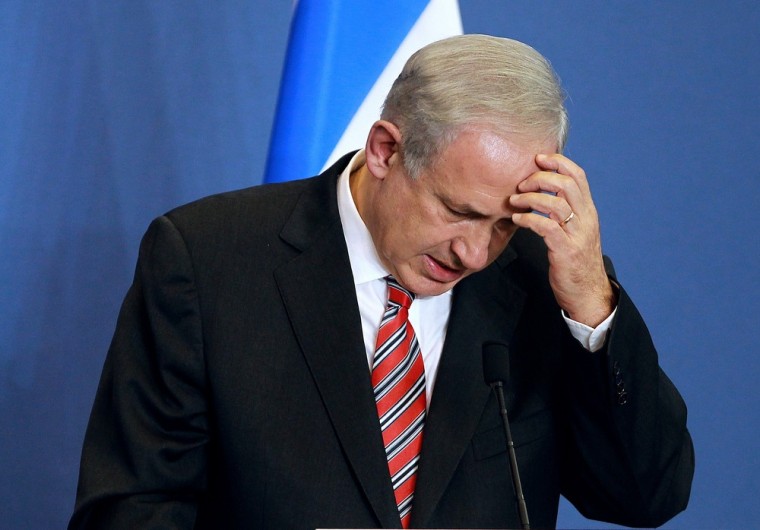Bread-and-butter issues carried the day in Tuesday’s Israeli elections, overshadowing nationalist fervor and slowing Israel’s shift to the right. Defying analysts’ expectations, voters handed surprisingly strong victories to an emerging centrist party, Yesh Atid, and the traditional center-left standard bearers in the Labor Party.
The two parties now hold the bulk of 60 seats carried by the center-left, equal to the 60 seats held by the bloc on the right.
Prime Minister Benjamin Netanyahu’s conservative Likud-Beiteinu coalition still holds the most seats, but was stunned by its disappointing showing. Likud-Beiein retained just 31 seats—down from the 42 it held previously, and short of pre-election forecasts. The results bore out polling that found the economy was voters top issue, chosen over foreign policy by nearly a 3-to-1 margin. Recognizing that, center-left groups that traditionally promote negotiations with the Palestinians put the issue on the back burner and focused, instead, on the middle class, fair wages, fair taxes, and fair competition.
“Housing prices are through the roof,” former California congresswoman Jane Harman said on Tuesday on The Daily Rundown. “The left is very upset that extreme orthodox Jews are basically excused from the military and get enormous benefits that they don’t get. So there are tensions—religious, secular tensions and economic tensions —and (the campaign has) been about that.”
Ironically, the decision to take the focus off of a two-state solution may have saved the prospects for Mideast peace. Whether voters were voting against Netanyahu for backing a pro-settler agenda or for failing to promote an economic one, the result is the same: as a weakened leader who’s been denied the public mandate he sought, Netanyahu will need help from the left in order to govern effectively.
Already, the Prime Minister is reaching out to the head of Yesh Atid, who is calling for a commitment to renewed peace talks. Israel’s emerging government will ultimately test all parties to see if their divergent views can be channeled into a productive body or a paralyzed one. But it could also free Netanyahu, one of the more moderate voices in his own party, to seek a more centrist path. On that front, Harman is hopeful. “I would hope that Bibi Netanyahu, who is a very pragmatic politician, would want to seal his legacy with a two-state solution with defensible borders…I think Israel’s survival as a Jewish democracy depends on doing this,” she told The Daily Rundown. “I think it is in Israel’s interest not to hunker down, but to engage.”
